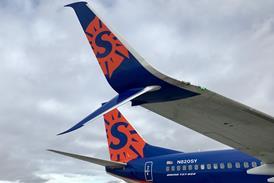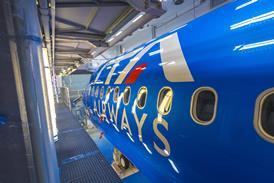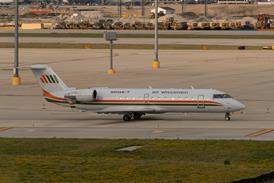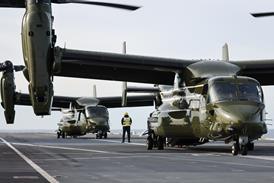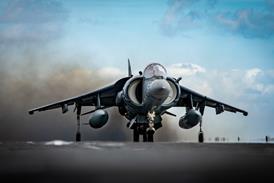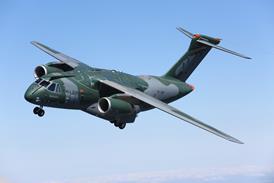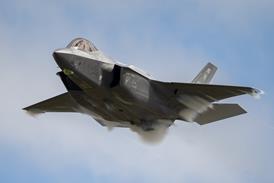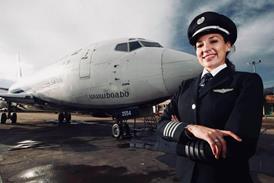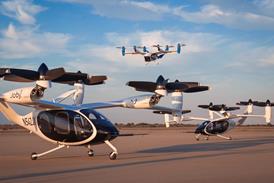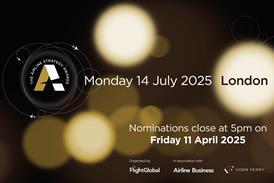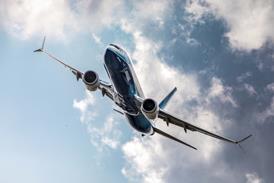Some customers intending to charter business aircraft to visit the Olympic Games in August-September next year may find themselves barred from access to airports near London because of lack of airspace capacity or airport slots, general aviation specialists said at the Business and General Aviation Day (BGAD) meeting at Cambridge airport, UK, on 20 September.
During the Olympics, airspace in the UK's southeast - a very busy area in normal circumstances - is expected to see more general aviation activity than ever before. But airspace, runway slots and parking are all finite commodities, and some business aviation operators may be unable to get clearance into the London area, let alone secure a landing slot or parking space at the various regional airports that serve the capital.
NATS, the UK's main air navigation service provider (ANSP), says it has studied demand for business aviation travel to Olympic and other major sporting or cultural events, to assess what level of business aviation activity to expect at the London Games. It has analysed the Beijing, Athens and Sydney Olympics, but has concluded that London will generate considerably more business aviation activity than those venues did. Because of their global location facing the Pacific Ocean, Beijing and Sydney demanded more performance from business jets than all except top-of-the-range machines could deliver non-stop from most of the developed world's main centres of population. Athens had less airport capacity near the Games.
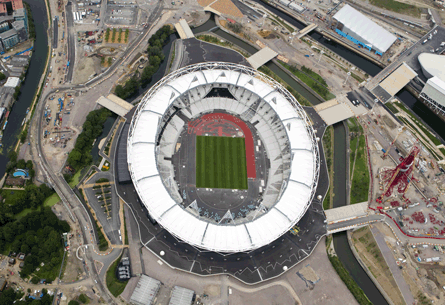 |
|---|
© Rex Features |
But London is reachable non-stop from anywhere in Europe and the east coast of North America by many business jets, and with a single stop by all of them, so it will feel more accessible to those who would consider using corporate, private or chartered business aircraft. The result, says NATS, is an expected demand for 10,000 additional movements above the normal level of activity in the area for the roughly two-month period that brackets all the Olympic and Paralympic activity.
Because there is no helicopter landing provision at the Olympic City for environmental reasons, it will be particularly important to business aviation customers to be delivered within easy surface transport range of London. London downtown helicopter access will, as usual, be via the Battersea Heliport.
Slot allocation is being managed by the airports in conjunction with NATS. Many of them are accepting slot bookings already, and all of them will be doing so by early November. NATS, in association with the Civil Aviation Authority, will extend some areas of temporary controlled airspace to improve the ANSP's ability to provide a safe instrument flight rules service to business aircraft traffic.
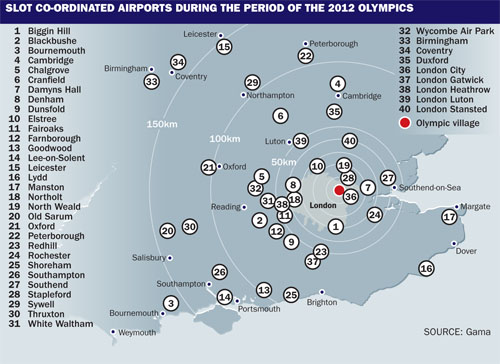
Yet, despite the finite number of airspace and airport slots there will be, especially on peak demand days, based on experience of how the corporate and charter market normally behaves, the London area's fixed-base operators and regional airport management predict that most business aviation operators will not even start booking slots until about four months before the opening ceremony. This takes place on 27 July, and demand for airspace and airport slots is predicted to peak in the previous couple of days, says NATS.
The director of client relations at Farnborough-based Gama Aviation, Trevor Jones, said at BGAD: "We are advising our customers and charter brokers to book their slots early in order to avoid disappointment. For international clients coming to London between 21 July and 15 August, we urge them to contact us as soon as possible so we can make the slot applications."
Gama's air traffic management consultant, Martin Hill, explains: "Slots will be issued on a first come, first served basis, and where the requested slot time is not available, the closest match will be offered as an alternative. Airports will be charging a non-refundable fee for booking the slots, which will be added to the cost of the flight and, in some cases, requiring payment of landing and handling fees in advance."
Hill adds: "Gama is advising its clients and charter brokers that once a slot is issued, changing the time of the flight will invalidate that original slot. There will be no guarantee that a slot will be available for the revised time, on the day concerned. If the slot is not adhered to, the flight will not be able to depart until a new slot time is granted, which could be many hours away."
Source: Flight International

